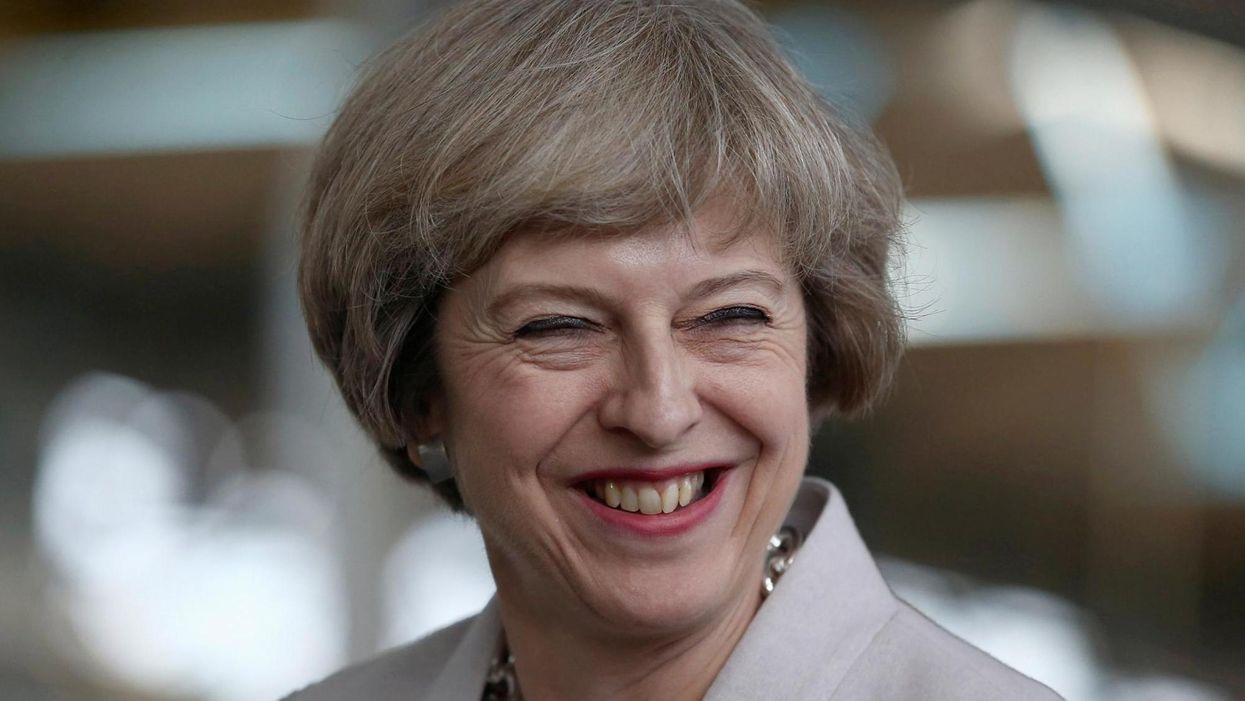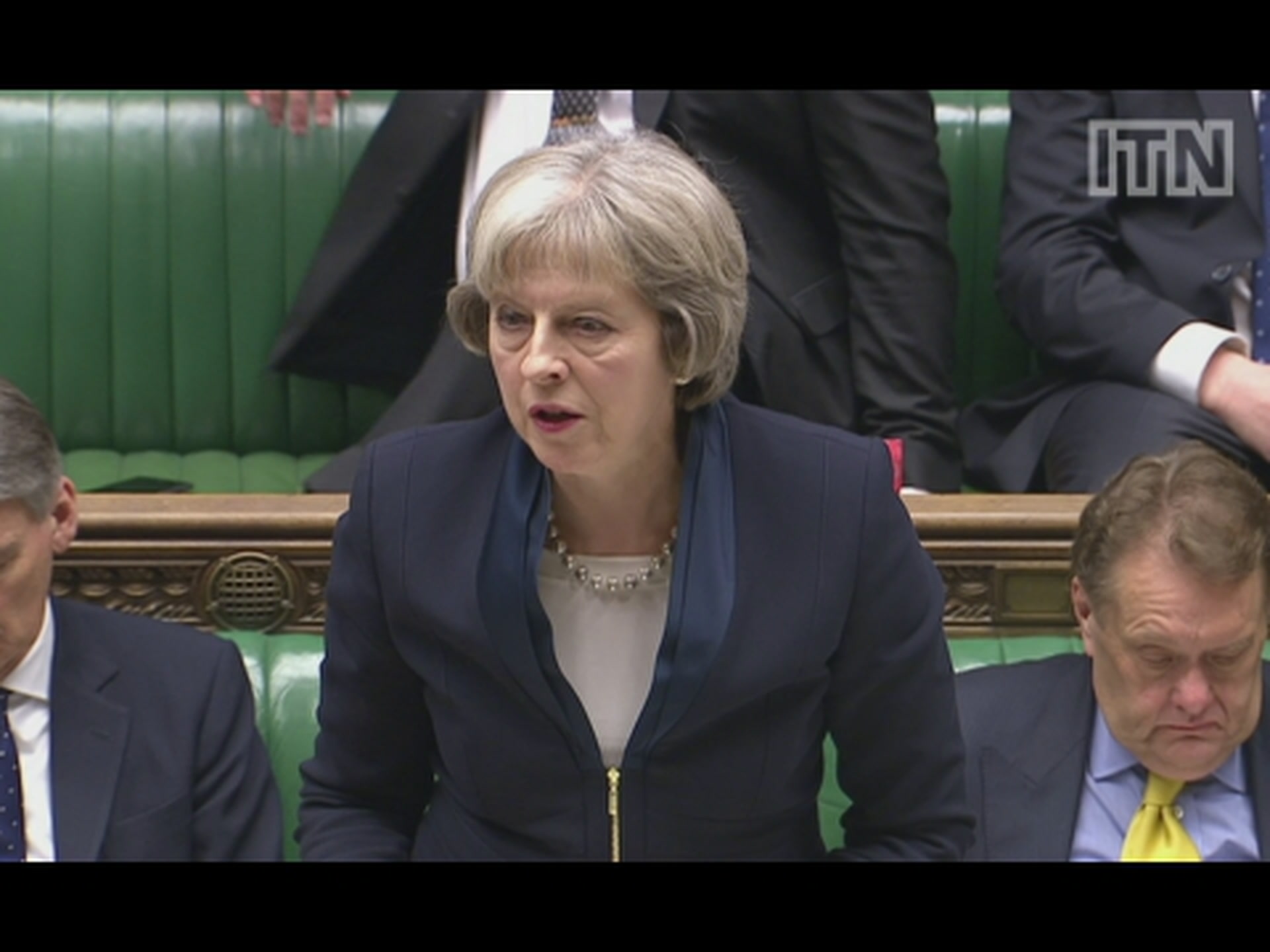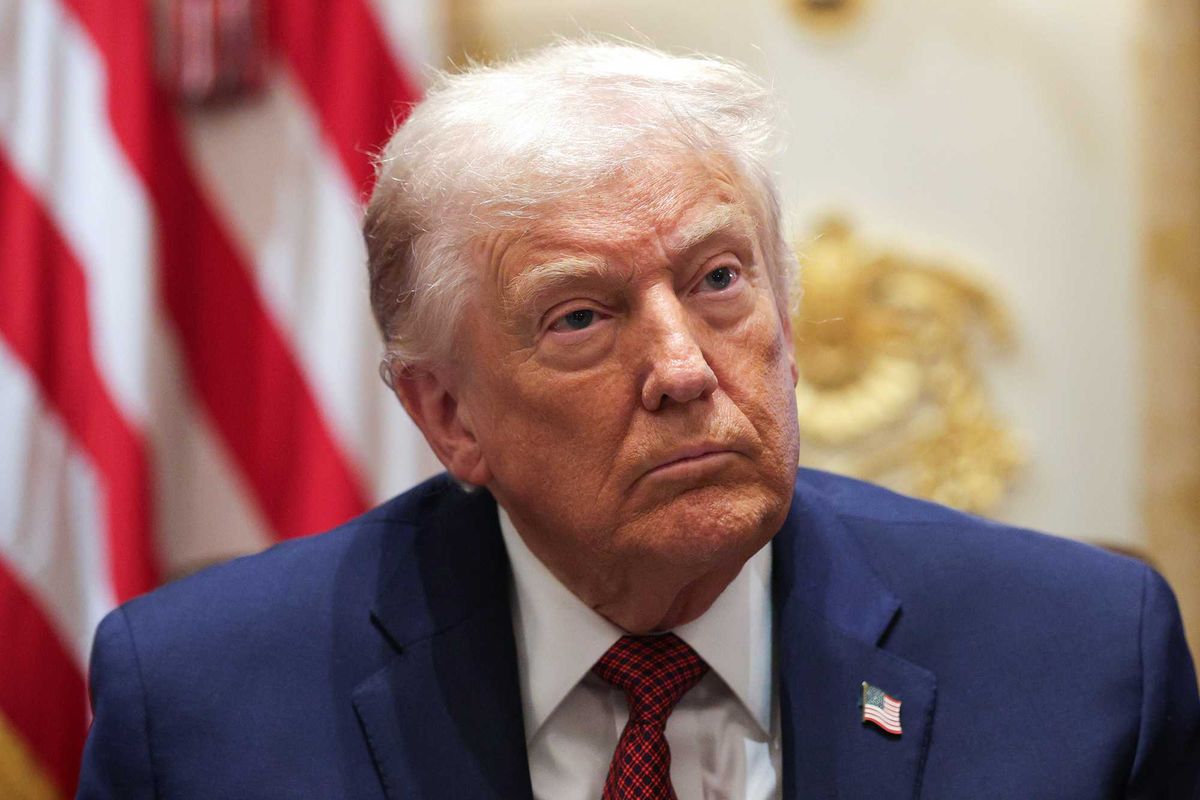News
Narjas Zatat
Jan 02, 2017

Picture: WPA/Getty
The Investigatory Powers Act came into effect on Friday, and the government has possibly known your every move since.
Increased surveillance has been a global trend. In 2016 governments around the world shut down the internet more than 50 times.
The reasons for this exerted control over the internet is often political.
For instance, Uganda’s shutdown of social media networks in February 2016 came in the weeks surrounding their parliamentary and presidential elections.
The digital rights activist Deji Olukotun, delivered a grim assessment of free speech's curtailing online:
What we have found is that internet shutdowns go hand in hand with atrocities.
The 'Snooper's Charter', as it has been called by its critics, replaces the Regulation of Investigative Powers Act (RIPA), and will render it nigh impossible to retain your privacy online. Instead the act, which had been quietly passed into law last year, introduces a whole host of measures - including the ability to collect the entire country’s browsing records, and new powers to gather and retain data on citizens.
The government can also compel technology companies to give them access to data on their users, and invasive powers include the ability to collect Internet Connection Records. The latter has been postponed until the government can find a way to extract this information safely, but it is nevertheless in the works.
Theresa May has insisted that the act has been put in place for the safety of the country, and claims “privacy is hardwired into the bill”.

The act will allow the government to gain access to personal information on your computers, phones and tablets, by way of compelling these third party data holders.
Think back to all the online companies to which you've volunteered your information, safe in the knowledge it could never be collated for th government to see.
This means any information you have online – your political interests, religion, sexual interests – even the way you behave in everyday life – are all vulnerable to observation.
More: A list of everyone who can see your entire internet browsing history
More: Map: Did your MP vote for the controversial Snoopers' Charter?
Top 100
The Conversation (0)













